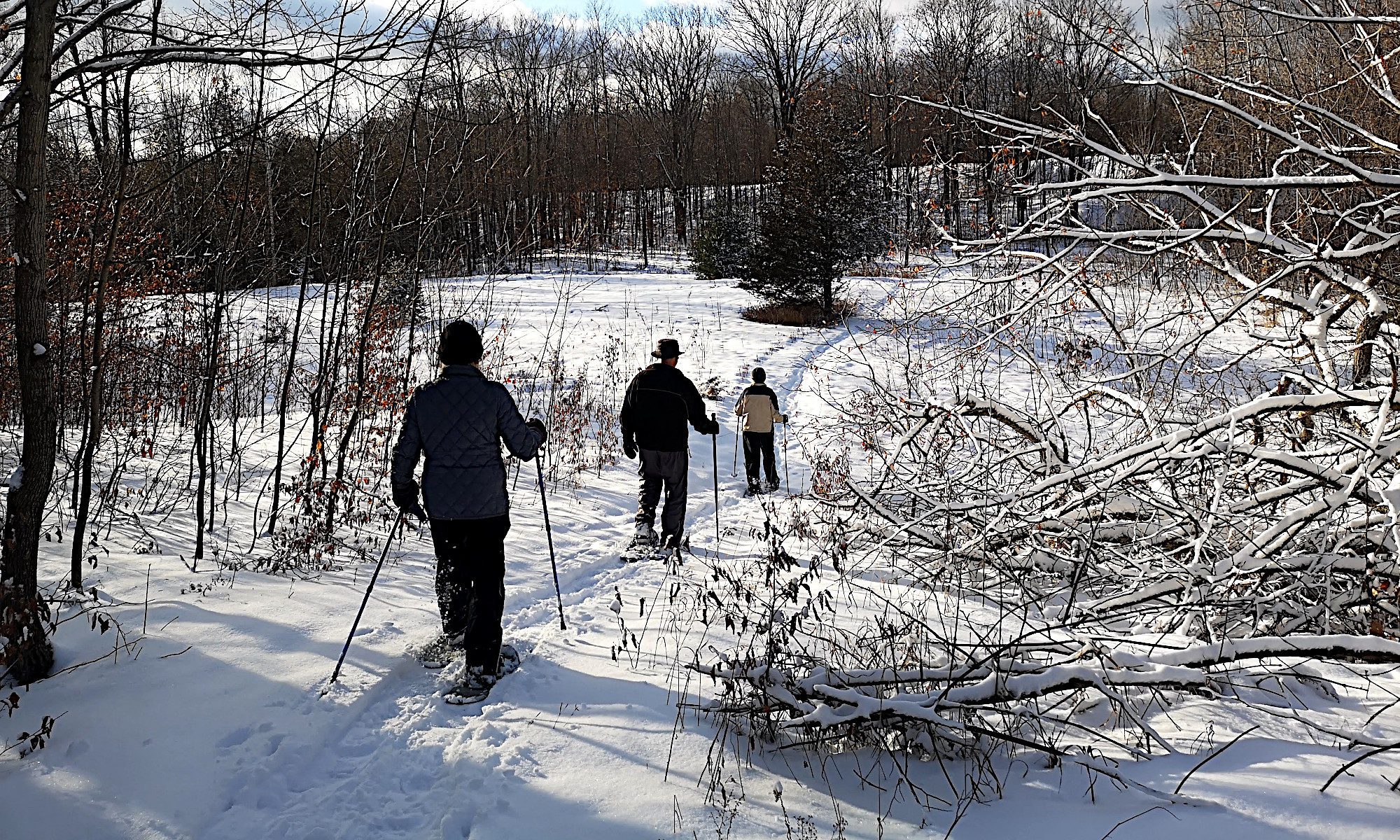Note: This was originally published as the daily newsletter for the Columbia Journalism Review, where I am the chief digital writer
In August, local police arrived at Clare Sorrenti’s apartment in London, Ontario with a search warrant, which they used to confiscate her computer, her cellphone, and some other possessions. Sorrenti, a trans political commentator who streams on Microsoft’s Twitch network, says she was held for 11 hours, and questioned about an email a number of local city councillors said they received that used her former name. The email contained a photo of a handgun and allegedly made threats of harm. Sorrenti, who was released without charges, believes the fake email was a “swatting” attempt—a tactic some online trolls use to attack their enemies, by calling in threats designed to trigger a visit by police or SWAT teams. Although the identity of the email sender remains unknown, Sorrenti had warned local police that a swatting attempt might occur, because of the abuse she had received from users of an online forum known as Kiwi Farms. She said she was repeatedly doxxed (had her personal information, including her physical address, posted onlne) and had also a number of her online accounts hacked by unknown actors.
Ben Collins and Kat Tenbarge of NBC News describe Kiwi Farms as “an internet message board known for being an epicenter of vicious, anti-trans harassment campaigns.” The forum, previously known as CWCki Forums, is an offshoot of 8chan, another notoriously lawless online community that helped give birth to the QAnon conspiracy movement. Collins and Tenbarge say Kiwi Farms has become known for targeting trans and gay personalities by doxxing and swatting, and is also infamous for collecting and archiving the racist and homophobic “manifestos” written by mass shooters. After being swatted, Sorrenti and her supporters started lobbying Cloudflare, a company that provides hosting and security services to websites, asking it to cut off Kiwi Farms. At first, the company said it would not do so: Matthew Prince, the CEO, wrote in a blog post that removing services from even reprehensible content “is the equivalent argument in the physical world that the fire department shouldn’t respond to fires in the homes of people who do not possess sufficient moral character,” calling it “a dangerous precedent.”
Just a few days later, however, Prince changed his mind, and wrote in a new blog post that Cloudflare had removed its security protections from Kiwi Farms, opening the site up to attacks such as a distributed denial of service (Prince also noted that Cloudflare had never provided hosting services to Kiwi Farms). “This is an extraordinary decision for us to make and, given Cloudflare’s role as an Internet infrastructure provider, a dangerous one that we are not comfortable with,” Prince wrote. The decision was made not because of Sorrenti’s lobbying campaign, he said, but because “the rhetoric on the Kiwifarms site and specific, targeted threats have escalated over the last 48 hours to the point that we believe there is an unprecedented emergency and immediate threat to human life.” Cloudflare’s about-face was hailed by Sorrenti and others as a victory for human rights, among other things, since it likely means that Kiwi Farms has been removed from the internet. But it also raises difficult questions, including who gets to decide what content we see.
Continue reading “Cloudflare, Kiwi Farms, and the challenges of deplatforming”





